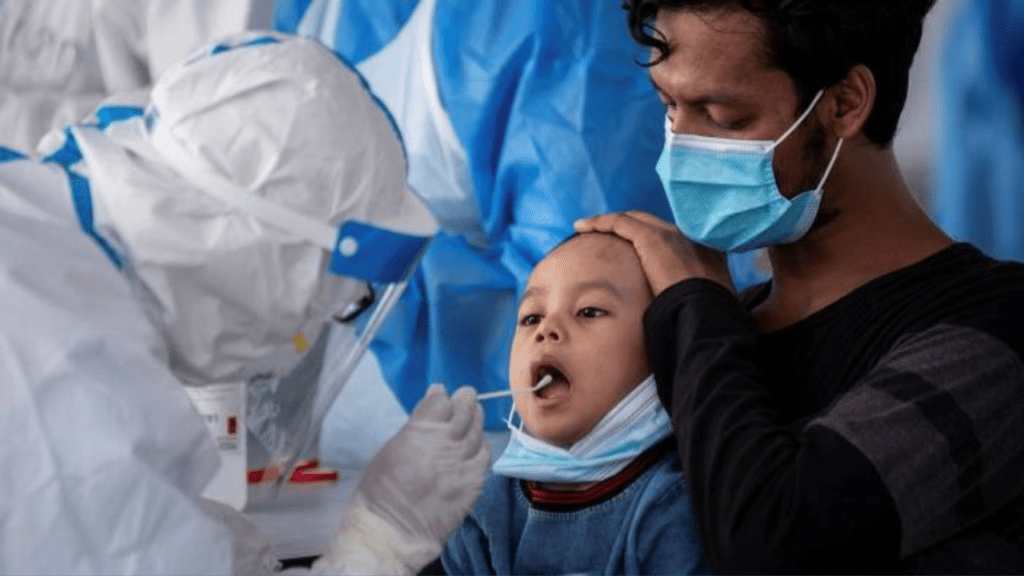
Africa, with its diverse population and unique healthcare challenges, has become an increasingly important region for clinical research and trials. However, despite the potential benefits, there is a significant gap in Africa’s representation in clinical trials. In this article we will shed light on the importance of including African populations in clinical trials, the barriers that hinder participation, and the strategies to improve Africa’s representation. By addressing these issues, we can foster a more inclusive and comprehensive approach to medical research, ultimately leading to improved healthcare outcomes for people in Africa and beyond.
The Significance of Africa’s Representation in Clinical Trials
Clinical trials play a vital role in advancing medical knowledge, developing new treatments, and ensuring the safety and efficacy of healthcare interventions. However, for these trials to be truly effective, diverse representation is crucial. Including individuals from different ethnicities and genetic backgrounds, such as those found in Africa. These diversities allow researchers to understand the impact of these interventions across a broader spectrum of the population. It helps detect the potential variations in treatment response, side effects, and overall effectiveness.
Understanding the Barriers to Africa’s Participation
Africa is host to over 17.7% of the world’s population, and 3% of the global pharmaceutical market, However, Africa has a disproportionately low representation in clinical research. The continent attracts less than 2% of registered clinical trials in the world. Several factors contribute to the underrepresentation of Africa in clinical trials. One primary barrier is the historical lack of infrastructure and resources dedicated to research in many African countries. Limited funding, inadequate facilities, and a shortage of trained researchers often hinder the initiation and successful completion of clinical trials.
Additionally, cultural beliefs and misconceptions surrounding clinical research have created distrust and reluctance among African communities, which can be linked to experiences from Past unethical research practices. Also, inadequate communication and language barriers further contribute to scepticism and hesitancy towards participation in clinical trials. These prevalent factors have led to the rise of unnecessary myths and ideologies about clinical research.
The Importance of Addressing Trust and Awareness
Building trust and increasing awareness are key elements in promoting Africa’s representation in clinical trials. Clinical Researchers must be ready to engage with communities, establish open lines of communication, and address any concerns or misconceptions related to research. Educating the public about the purpose, benefits, and ethical considerations of clinical trials helps a great deal in dispelling fears and encouraging informed decision-making.
Furthermore, equipping and developing local researchers to ensure the ethical conduct of trials can also boost the trust of local communities in participating in these trials.
Empowering Local Researchers and Healthcare Providers
One of the challenges affecting Africa’s representation in clinical trials is the lack of trained and qualified researchers. Empowering local researchers and healthcare providers is critical for the success of clinical trials in Africa. By supporting capacity-building initiatives, such as training programs and workshops, the knowledge and skills of African professionals can be enhanced. Training local researchers is an integral pillar in Xcene’s vision for Xcene Research Academy. This not only enables Africans to actively participate in research but also ensures the sustainability and long-term growth of the African research ecosystem, further increasing Africa’s representation in clinical trials.
Leveraging Digital Health Technologies
The advancement of digital health technologies presents an opportunity to overcome some of the barriers to Africa’s representation in clinical trials. Mobile applications, telemedicine, and electronic data capture systems can facilitate remote patient monitoring, improve communication, and enhance data collection. Embracing these technologies can expand access to clinical trials and reduce the burden of in-person visits, particularly in remote areas where healthcare infrastructure is limited.
Encouraging Informed Consent for African Participants
Informed consent is a key ethical principle that protects the rights and independence of people who take part in clinical trials. It assures that participants completely understand the research study’s aim, risks, rewards, and procedures before providing their consent. The processes involved in obtaining informed consent are critical to increasing Africa’s representation in clinical trials.
A significant challenge in obtaining informed consent lies in the cultural and educational diversity within African communities. Researchers must employ culturally sensitive approaches to effectively communicate complex medical information. It is crucial to use plain language, provide translated materials, and utilize local community leaders or healthcare workers as trusted intermediaries to bridge any language or cultural barriers.
Additionally, informed consent should be an ongoing process rather than a one-time event. Continuous communication with participants throughout the trial is essential to address any emerging concerns, update participants on the progress of the study, and maintain their informed consent throughout the entire duration of the research.
Finally, by increasing Africa’s representation in clinical trials, new interventions have a better chance of being effective in addressing a broader range of persons, furthering the course of medicine today and in the future.


